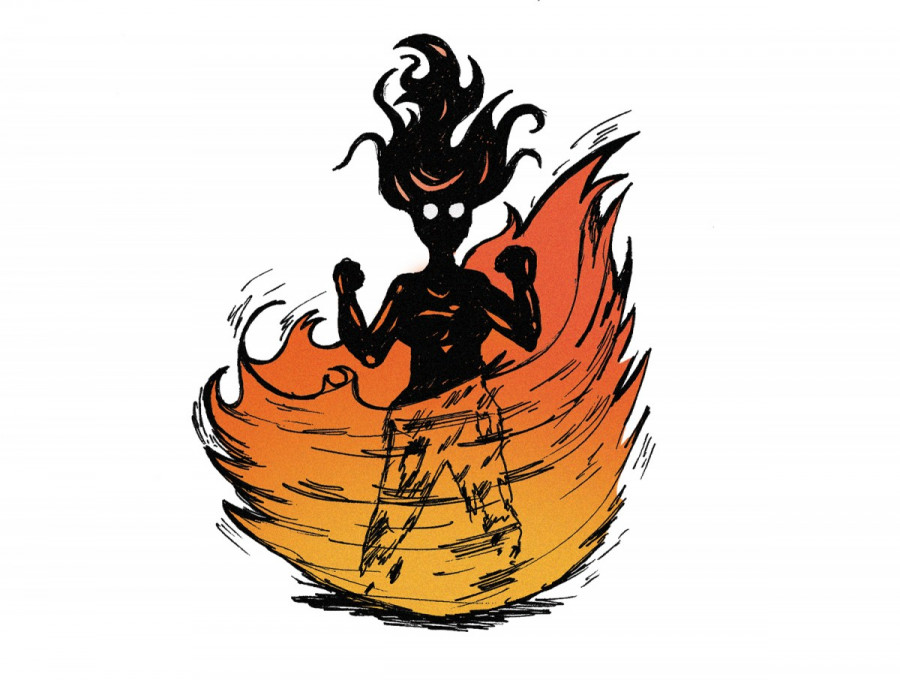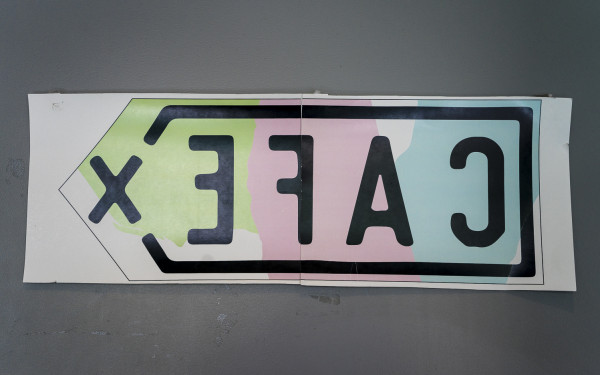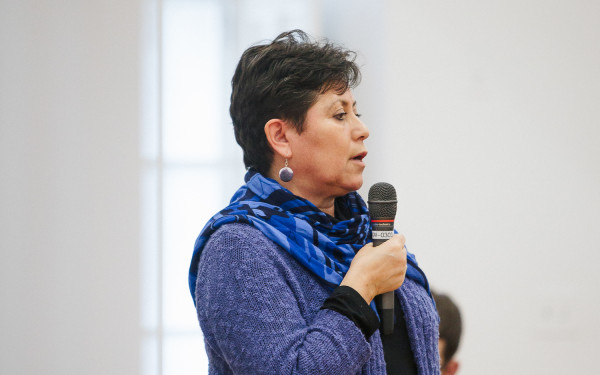My Fibromyalgia Doesn’t Define Me
Notes On Living With an Invisible Disability
I can’t remember the last time I was painless.
On some days, I try really hard to. I’ll lay down in bed, my eyes to the ceiling, wondering if there was ever a day in my life when I was not in pain. I know that there are days where it is manageable and days where it is so excruciating I feel like I’ll never be able to function again. But a day without pain has become but a dream at this point; my pain is the constant humming in the soundtrack that is my life.
I was diagnosed with fibromyalgia a little over a year ago, and I use the term “diagnosed” cautiously. There does not yet exist a test to diagnose the illness, so my doctor had to rule out all other possibilities before she could declare I had it. She also tested all my main pressure points where I was feeling pain and it all matched up.
I wasn’t sure how to deal with the diagnosis at first. I didn’t even know what it was. I’m in the prime of my life, I thought. This is the age where I should be excelling in school, kicking off my career, running off to perform on Broadway with my sister, travelling abroad, doing something exciting. Isn’t that what people in their 20s do? That’s how it works in the movies anyways.
Instead, I have to spend my time figuring out how to get myself out of bed, how to leave my house, how to find some sort of motivation to do my work, to see my friends, to do the things that made me happy once upon a time.
“If you’re like this now, how will you be in 15 years?”
I never understood why people feel it’s okay to ask me that. It is not encouraging or helpful, and it comes off as incredibly rude, yet I can’t even begin to count the number of times I’ve heard it.
Hearing those words plays off of my deepest fear. Where will I be in 15 years? Will I be able to function? Will I be able to move? What if I can’t kickstart my career because I’m too sick? These thoughts might be irrational as there’s no proof that fibromyalgia gets worse with age, but I can’t stop them from circulating in my brain in a rapid non-stop cyclical motion.
It’s hard for me to pinpoint what the most difficult or frustrating part of coping with this has been so far. Maybe it’s the brain fog. It’s really hard to describe what brain fog—also known as fibro fog—is. I can guarantee that even reading this you won’t be able to understand unless you’ve experienced it yourself.
To me, it’s almost a feeling of sleepwalking. It’s as though I’m awake but my brain and my thoughts aren’t as coherent as they usually are. My words will get jumbled or I’ll process things more slowly. Sometimes, it’s accompanied by a physical numbness in my skull. The first time I felt it, I was sure I was having a stroke and was terrified. Knowing what it is was reassuring, but it doesn’t stop the fact that it’s incredibly difficult to focus and work when it happens.
On some days, my pain manifests itself into a really severe burning sensation, as if my entire body is on fire from head to toe. I usually have issues leaving the house when that happens, confined to my couch and my laptop, waiting for the pain to pass. This is made worse when I don’t sleep enough, something that’s really hard to adjust to when you’ve been a workaholic your whole life. I still haven’t found the right balance between work and sleep, and I’m starting to doubt I ever will.
Most of all though, beyond the pain and the fatigue and the lifestyle changes I’ve had to make, I think the hardest part has been dealing with the judgment and a lack of understanding from people every day of my life.
Long before my fibromyalgia diagnosis, I had chronic pain for as long as I can remember. As a small child, it was chalked up to simple “growing pains,” but as I neared the age of 11, I was diagnosed with joint hypermobility. This caused really severe pain in my ankles and knees, causing them to swell and making it difficult for me to walk some days.
“I don’t want anyone’s pity. I just want patience.”
The pain later spread to my wrists and the rest of my joints, something I had to deal with for the remainder of elementary school and all of high school until I finally adjusted to it.
When I was in grade six, I remember sitting at the back of the class taking notes. I had my leg up on a chair with a bag of snow from outside enveloping my knee. My school always seemed to run out of ice packs. The teacher was lecturing the class and talking about what it meant to be “hopeless,”—or maybe the word he used was “useless,” I think I blocked out the exact word.
What I do remember is he followed it with, “Being hopeless is like not being able to walk on your own, and not being able to sit through a class without an ice pack.” I remember how some students smirked and others turned to me with concern. His allusion was not lost on them. My face was flushed but not shocked—I was already used to this behaviour by then.
In grade five, my gym class was playing soccer. I was standing on the sidelines, my doctor having cautioned me against playing soccer since my feet and ankles turn inwards on their own, making it very likely I’d sprain my ankle if I played. As some students questioned why I sat, the teacher shouted, “She’s only afraid of the ball.” The students quickly chimed in and laughed. I’m not sure I’ve ever felt so small. I’m not sure I’ll ever get over that one.
Day after day, people have no clue what I mean when I say I feel sick. They have no clue what I mean when I say I’m in pain. Many don’t even believe I’m struggling; I’ve been called lazy, I’ve been told I’m not making it anywhere.
But just because you can’t see my illness doesn’t mean it’s not real. Just because you can’t see the pain and strength it takes for me to get up every morning and walk to the bus stop doesn’t mean it’s not there. Just because you can’t see the hours of appointments and physiotherapy and tears and struggles I’ve gone through doesn’t mean I’m not trying.
I think what infuriates me most is that I know I’m not the only one who is treated like my illness isn’t real. I’m not the only one who’s accused of not trying, and I would not wish that on anyone.
I don’t want anyone’s pity. I just want patience. When I cancel plans on a friend, it’s not because I’m flaking, it’s not because I don’t care about them. It’s because I am taking the time to take care of myself after a hard week of work.
I also want understanding. Just because I’m sick sometimes, doesn’t mean I can’t work as hard as I used to, it just means that I have to push myself that extra bit to do so.
When Lady Gaga announced she had to cancel the rest of her tour in February because of fibromyalgia symptoms, there were cries across the internet accusing her of being weak. I remember reading those comments and weeping, wondering exactly how many people out there are facing the exact same struggle as us right now.
My illness is a part of me but it far from defines me. I feel that, on the rare occasion people do recognize that I am ill, they think that I’m incapable of working because of it. I’m glad to say that isn’t the case. Fibromyalgia has not changed who I am, it doesn’t change my abilities, it just means I had to change certain aspects of my routine and of my life to be able to adjust to it. I’m still the same person I always was—a diligent reporter, a somewhat snobby cinephile, a sassy yet motherly friend. The only difference is that I have to be careful to sleep eight hours every night, make sure I exercise at least twice a week, and that I use a heat pack or two when I need them.





_600_375_90_s_c1.jpg)

